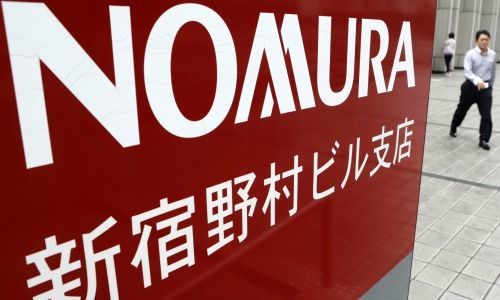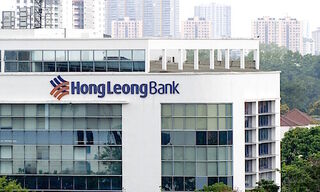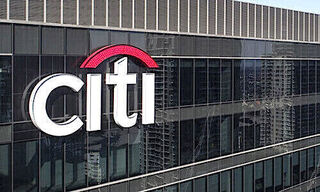Chief executive Koji Nagai barely managed to keep his job, despite a large drop in shareholder approval over the company’s first annual loss in a decade and a scandal over its poor handling of price-sensitive information.
Nomura Holdings chief executive Koji Nagai managed to win to a shareholder vote for his reappointment at the firm's annual general meeting on Monday, but saw his approval fall to 61.7 percent from 96 percent in 2018, «The Japan Times» reported.
According to analysts quoted in «The Financial Times» (behind firewall), under Japanese corporate conventions, a prompt resignation can usually be expected after such approval levels.
Nagai, who has been CEO of the company since 2012, was the target of a report by proxy advisory firm Institutional Shareholder Services, which urged shareholders not to support his reappointment, following a leak of price-sensitive information and a loss of 100.4 billion yen ($930 million) for the financial year ending in March.
Changing Corporate Norms
FT painted the fall in investor support for Nagai as symptomatic of wider progress on corporate governance and changing corporate norms in Japan, describing the market as one «that has long been notable for docile domestic fund managers with overly cosy relationships to company managements.»
Japanese firms, especially those investing on behalf of the country's government pension investment fund are now are under growing pressure to vote their shares and explain their decisions, the paper said. It pointed to the trend of firms' abandonment of poison pills and record share buybacks as a signal of corporate nervousness around the changing stance of shareholders ahead of a contentious AGM season.





















